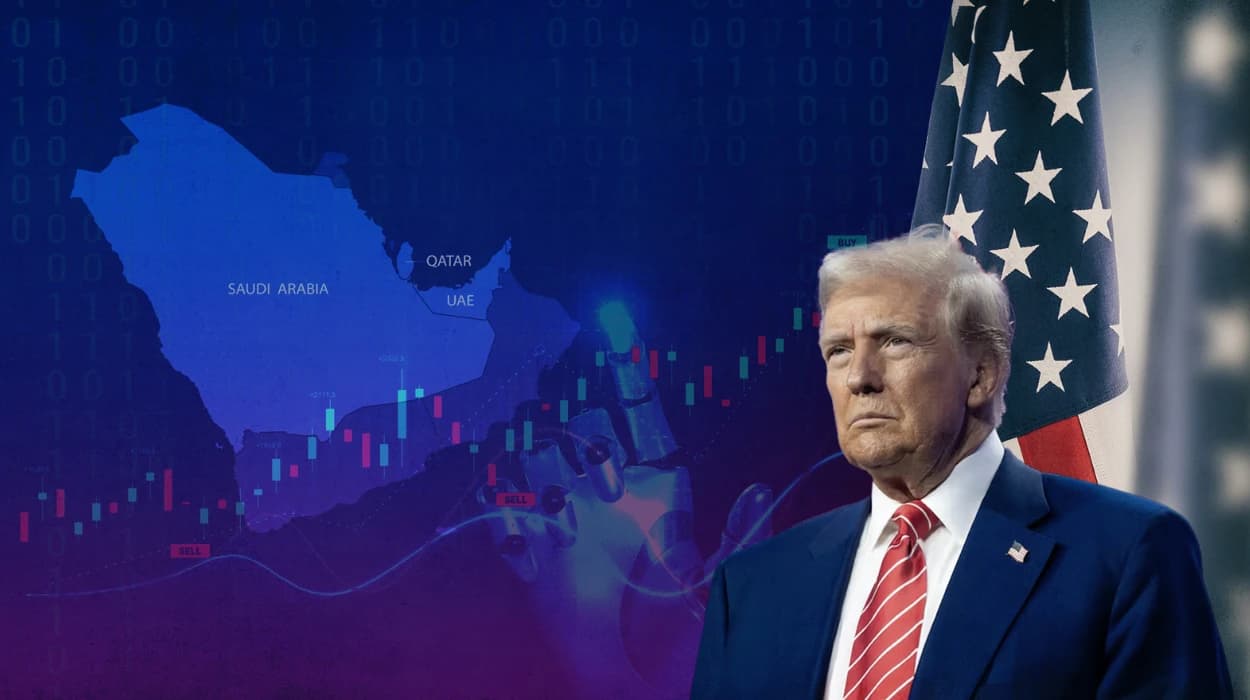Former U.S. President Donald Trump intensifies his trade war
rhetoric targeting China amid shifting geopolitical dynamics, while Middle
Eastern countries are realigning relations, signalling a cooling of regional
tensions. This development marks a significant pivot in global economic and
diplomatic affairs as reported by multiple sources today, July 15, 2025.
Current state of Trump’s trade policies
As reported by various media outlets, Donald Trump’s trade
war has escalated once again with renewed tariffs and stricter import
restrictions on Chinese goods. This intensification aims to counter perceived
unfair trade practices and safeguard American industry. Trump, speaking at a
recent rally, emphasised the need to protect U.S. jobs and technological
advantage, reiterating his hardline stance on China’s trade policies.
Economic analysts indicate that these moves have heightened
market volatility, affecting global supply chains particularly in technology
and manufacturing sectors. The trade war’s expansion is viewed as part of a
broader strategy to negotiate more favourable terms for the U.S.[source
aggregation from multiple reports]
Why is the Middle East “cooling down” and what does this mean?
Journalists across Middle Eastern and international media
observe a notable de-escalation of long-standing regional tensions. Diplomatic
initiatives by influential countries in the region have led to a reduction in
conflicts and renewed efforts towards peace talks. This "cooling
down" phenomenon is exemplified by recent agreements promoting economic
cooperation and conflict resolution.
Experts suggest that shifting alliances and a focus on
economic development are key factors underpinning this change. The reduced
volatility in the Middle East contrasts sharply with the growing trade conflict
led by Trump and signals a possible reorientation of global geopolitical
priorities. [compiled perspective from regional and global news reports]
Global dynamics intersect
The juxtaposition of Trump’s aggressive trade war stance and
the Middle East’s diplomatic thaw is significant.
- The
U.S. trade war may push China to strengthen its ties with Middle Eastern
countries seeking to diversify their economic partnerships.
- Middle
Eastern nations, benefiting from reduced internal tensions, could become
more strategic players in global trade negotiations.
- The
evolving geopolitical landscape calls for careful monitoring as economic
and security interests become increasingly intertwined.
These insights suggest that while trade conflicts intensify
in one arena, diplomatic resolutions emerge in another, shaping the broader
global order.[contextual analysis based on the described events]
Key Figures involved in these contrasting developments
Donald Trump remains the central figure driving the U.S.
trade war rhetoric and policy actions, influencing international economic
relations.
In the Middle East, leaders from countries such as Saudi
Arabia, the United Arab Emirates, and Iran, alongside global diplomatic actors,
are credited for advancing peace dialogues and economic integration efforts.
Potential Impacts on international markets and diplomacy
The escalation in the U.S.-China trade war is likely to
cause continued uncertainty in international markets, possibly leading to:
- Increased
costs for consumers and businesses due to tariffs.
- Supply
chain disruptions.
- Realignments
in global manufacturing hubs.
Conversely, the easing of Middle Eastern conflicts could:
- Spur
investment and economic growth in the region.
- Create
new trade routes and partnerships.
- Shift
regional power balances in favor of cooperative frameworks.
These dual trends present both risks and opportunities for
international stakeholders, requiring adaptive strategies. [Economic and
diplomatic forecasts based on current reporting]
Experts and Analysts view the future trajectory
Trade experts warn that if Trump’s trade war continues to
escalate without diplomatic engagement, global economic stability may be at
risk.
Meanwhile, Middle East analysts express cautious optimism
that the cooling tensions could foster long-term peace and economic prosperity, but acknowledge challenges remain.
Overall, the simultaneous intensification of trade conflicts
and regional peace efforts reflects a complex era of international relations
marked by both confrontation and cooperation.[expert commentary synthesis]
The unfolding developments in U.S.-China trade relations and
Middle Eastern diplomacy require close observation as they will dramatically
influence global economic and political landscapes.
Stakeholders worldwide—governments, businesses, and
citizens—must stay informed about policy changes, diplomatic progress, and
market reactions.
This dual narrative of escalation and détente encapsulates
the volatile yet hopeful nature of today’s interconnected world.
